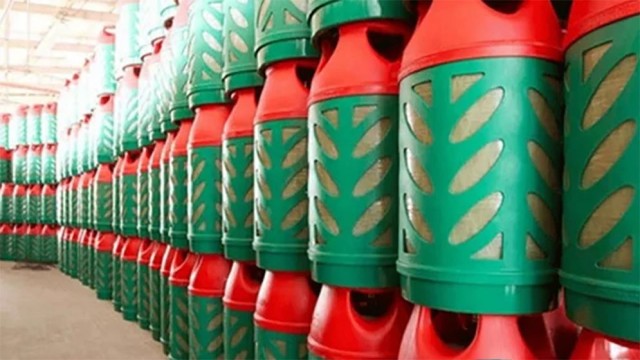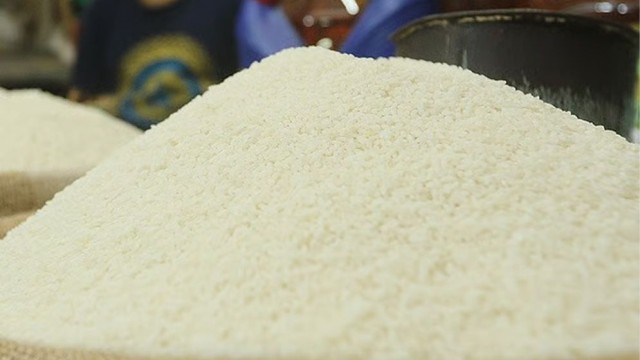Eight years after the UK voted to leave the European Union, businesses continue to lament the economic repercussions, with little expectation of improvement following recent elections.
Diego Alfonso, owner of the "Bertotti" ice-cream parlour, shared his struggles, stating that he had to close one of his shops post-Brexit to cut losses. Alfonso highlighted increased bureaucracy and costs since Brexit, making it more challenging to import from the EU and ultimately raising prices for consumers. For instance, the cost of a scoop of Bertotti gelato has risen over 40 percent to £3.90 ($4.90) due to Brexit-related impacts.
Alfonso described the difficulties of dealing with new border controls, delivery delays, and labor shortages, all contributing to operational challenges. Despite adapting by transforming the closed shop into a workshop and diversifying sales strategies, Bertotti's workforce has shrunk, reflecting broader struggles faced by UK businesses since Brexit.
The impact extends beyond Bertotti; businesses like Rivet & Hide, which supplies high-end men's clothing, have also seen a significant decline in turnover with the EU, leading to price increases to cover import and export charges imposed post-Brexit.
While some sectors initially supporting Brexit, such as fishing, have not seen promised economic benefits materialize, economists estimate that Brexit could cost the UK economy about four percent of its GDP in the long term.
In summary, Brexit has left many UK businesses grappling with increased costs, bureaucracy, and supply chain disruptions, shaping a challenging economic landscape despite efforts to adapt and mitigate its effects.































Comment: